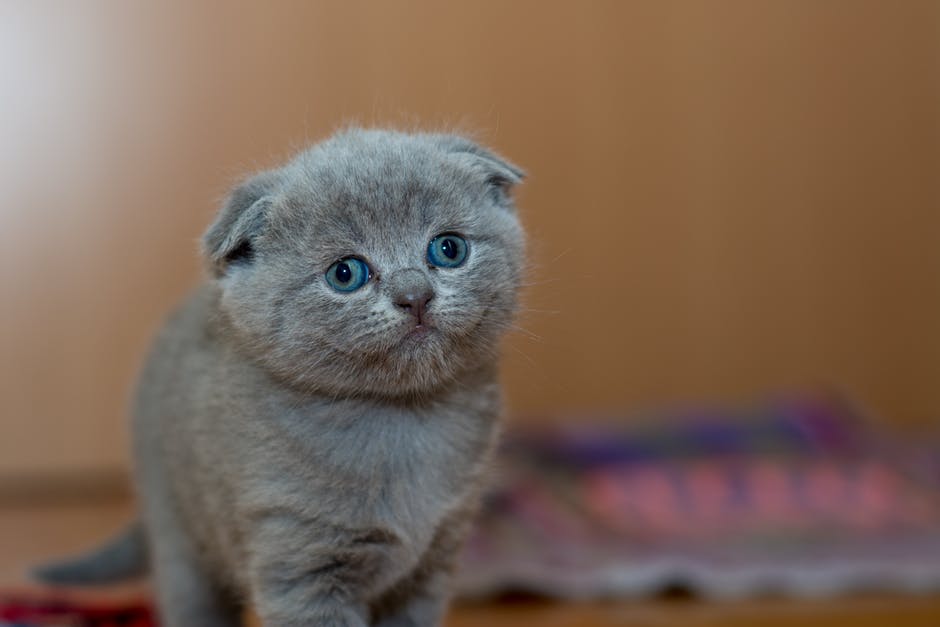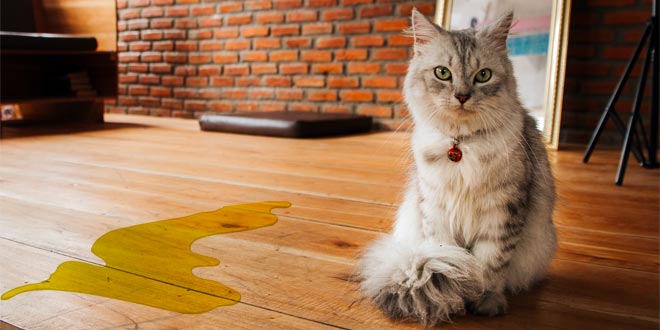We can all agree that very few animals offer the same levels of companionship that cats do. They are lovable creatures with charming attributes.
Connect with a verified veterinarian in minutes. Licensed vets are available 24/7 to answer your questions. No need to worry about your furry family member.
However, nobody is ever ready to deal with the task of cleaning the litter box. At times, the mess spills over and even brings about problems with the neighbors. To ensure you are on the safe side, this article will give you a few pointers on how you can take care of the feline’s litter box.
Whichever option you feel would be the best for you, just make sure you buy a cat litter disposal system. After all, you don’t want the environment to be uncomfortable for everyone.
Let’s check which alternatives you could make use of in disposing of cat litter.
I) Use A Trash Can
This is probably the best way of disposing of your used cat litter. We advise that you scoop the litter box once a day, and you should use a litter scoop to sift out the stool and urine clumps. Finish it all by placing all the stuff in a trash bag.
As soon as you are done scooping the boxes, ensure that you tie off the garbage bag in a knot. We all know there is the risk of foul odor and bacterial leakage, and that is why we advise that you double-bag the litter. Ensure you use a heavy-duty garbage bag since the scooped litter could turn out to be very heavy.
Finally, place the garbage bag outside in a trash can with a tight-fitting lid.
Always ensure that you use a new trash bag every time you dump a new heap of used litter.
II) Compost Litter
This is an organic way of disposing of cat litter whereby you could avoid going the easy way of dumping the litter into the trash and instead process them in a compost pit. In the end, you could convert the litters into fertilizer.
The wonderful thing about this method is that it reduces the amount of garbage being dumped that often turns into mountains. Additionally, you end up with natural fertilizer, unlike the chemical ones that are not eco-friendly.
III) Scoop and Toss
This may not be the best option, but it is the most popular method in our households. Simply scoop the litter into a biodegradable pickup bag, which you would then toss into your curbside garbage.
Flushing Cat Waste
We felt it necessary to discuss this topic. Before deciding to flush your cat’s poop down the toilet, contact your local waste management company to see if their waste treatment method can effectively break down cat waste by killing the pathogens and bacteria.
More on this is that there are certain situations whereby it would be wise if you refrained from flushing your cat’s poop down the toilet. For instance, you live in a coastal city, flushing down cat litter may contaminate the water sources, which is not ideal for other people’s health.
Other Regions
For other regions away from the coast, even though there is minimal risk of contaminating the water sources, it would be wise if did more research on flushable litter.
Flushable litter includes wheat, corn, and pine litters. On the other hand, non-flushable litter includes clumping litter, such as clay and silica.
Final Verdict
With that, we hope that you have picked up vital pointers on the proper disposal of cat litter. Keep in mind that you should always try your best to compost the cat litter. Further, if you feel like the litter you are using is extremely dense, always use double bags to avoid messing up the surroundings.
Finally, only flush the litter if there is no risk of contaminating the water sources and if your local sewage system is designed to handle it.
Connect with a verified veterinarian in minutes. Licensed vets are available 24/7 to answer your questions. No need to worry about your furry family member.

Julie
Julie is a graduate of the University of North Carolina, Wilmington, where she studied Animal science. Though contrary to the opinion of her parents she was meant to study pharmacy, but she was in love with animals especially cats. Julie currently works in an animal research institute (NGO) in California and loves spending quality time with her little cat. She has the passion for making research about animals, how they survive, their way of life among others and publishes it. Julie is also happily married with two kids.
Review symptoms, medications & behavior to keep your pets healthy with a Vet Online in just minutes.
Ask a Vet Live Now


